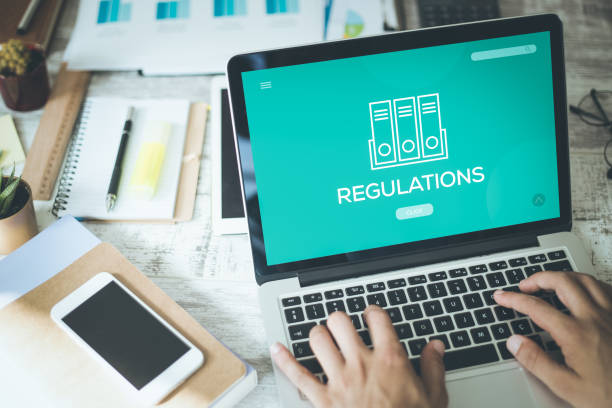Understanding Propane Business Regulations
Essential Guidelines for Compliance Adherence to regulatory requirements is crucial for ensuring safety, maintaining operational efficiency, and building customer trust. Here, we outline the essential guidelines that propane businesses must navigate in order to operate effectively and responsibly. Regulatory Framework Overview National and Local Regulations: Propane businesses must comply with various regulations at both the… Continue reading Understanding Propane Business Regulations


